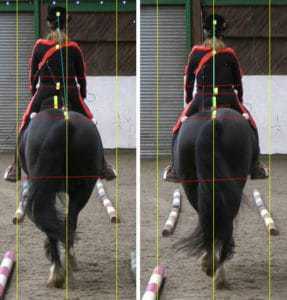
New Software Evaluates Horse, Rider Asymmetry
A software program uses video gaming technology to evaluate horse and rider asymmetry.


A software program uses video gaming technology to evaluate horse and rider asymmetry.

Encouraging a horse to approach a scary object led to less stress when faced with the same situation later on.

Trainers were more consistent in scoring ridden horse behaviors than were equitation scientists in one study.

Hickstead collapsed and died last year in a Verona, Italy, jumping ring due to an aortic rupture.
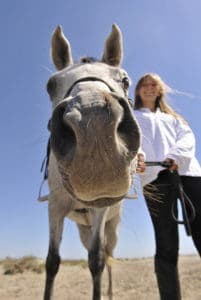
Researchers believe the best predictor of a horse’s motivation is someone who knows the animal well.
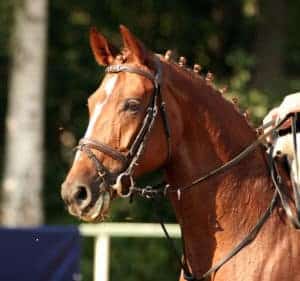
The largest factor affecting a horse’s rideability score was his rider’s maximum and average rein tension.
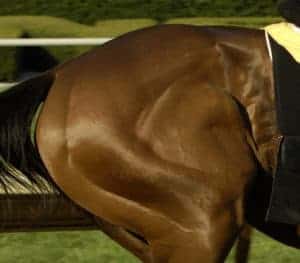
Researchers tested electromyography for identifying equine muscle fatigue during exercise.
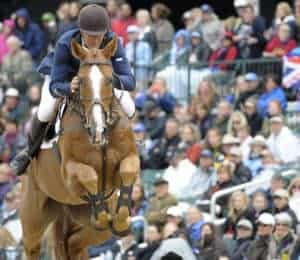
Researchers found that performing for an audience did not affect horses’ stress levels compared to training.
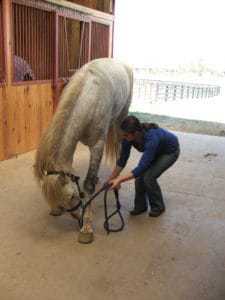
Exercising the multifidus muscles in addition to daily training could reduce equine back pain.
Study finds women whose personalities match their horses’ are likely to have a better equine relationship.
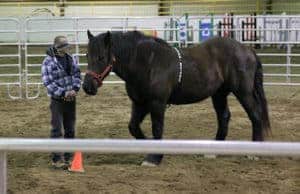
One study found that horses had lower heart rates around nervous humans as compared to calm people.

The field of footing science involves understanding how different kinds of footing affect equine health.

Dutch scientists determined that all non-natural head and neck positions affect horses’ breathing.

Countries can now request a recognition status for African horse sickness from the OIE.

Using the LP allele for reference, researchers determined some prehistoric horses had spots like Appaloosas.
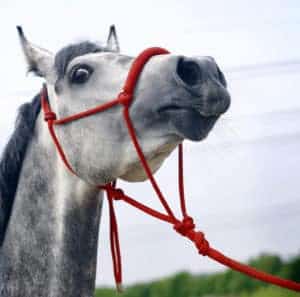
Stress negatively affects horses’ working memory, used in training for associating commands with actions.
Stay on top of the most recent Horse Health news with